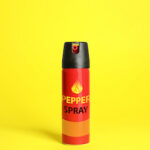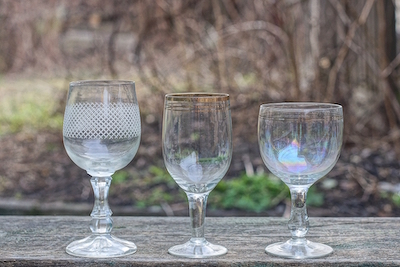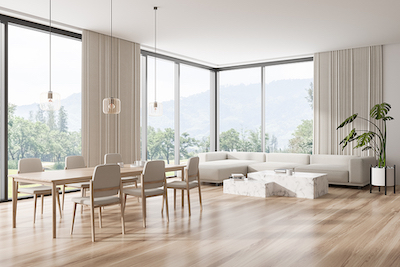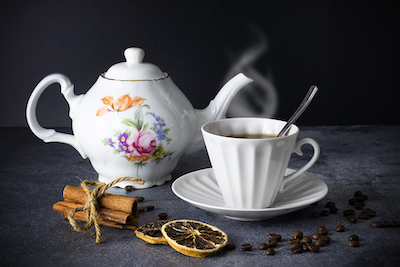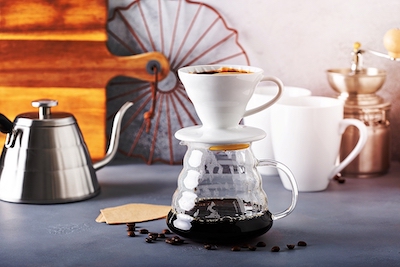When it comes to selecting the perfect sheets for a good night’s sleep, two popular options are bamboo and cotton. With their distinctive properties and unique benefits, both materials have captured the attention of consumers worldwide. However, choosing between bamboo and cotton sheets can be confusing, especially when considering factors such as comfort, sustainability, and durability. This article will provide a comprehensive comparison of bamboo and cotton sheets, helping you make an informed decision for your bedding needs.
Bamboo Sheets
- Material and Production
Bamboo sheets are made from the pulp of the bamboo plant, a fast-growing, renewable resource. The process of turning bamboo into fabric involves chemically breaking down the bamboo fibers, which are then spun into yarn and woven into fabric. There are two main methods for producing bamboo fabric: the viscose or rayon process and the lyocell process. The latter is considered more eco-friendly, as it uses fewer chemicals and recycles water in a closed-loop system.
- Comfort
Bamboo sheets are known for their luxurious feel and exceptional softness. The fabric has a silky, smooth texture that is gentle on the skin, making it ideal for individuals with sensitive skin or allergies. Bamboo sheets also offer excellent moisture-wicking properties, absorbing and evaporating moisture faster than cotton. This makes them perfect for hot sleepers, as they help regulate body temperature and keep the bed cool and dry.
- Durability
Bamboo sheets are generally durable and long-lasting when cared for properly. They resist pilling, a common issue with other fabrics, and maintain their softness even after multiple washes. However, some bamboo sheets may be less durable than high-quality cotton options, as the production process and fiber length can impact the fabric’s strength.
- Sustainability
Bamboo is a highly sustainable material, as it grows rapidly and requires little water, pesticides, or fertilizers. The production process for bamboo sheets can be eco-friendly when using the lyocell method. However, the more commonly used viscose or rayon process involves harsh chemicals and generates significant waste. When considering bamboo sheets, it’s crucial to look for certifications like OEKO-TEX or the Global Organic Textile Standard (GOTS) to ensure eco-friendly and ethical production.
Cotton Sheets
- Material and Production
Cotton is a natural, renewable fiber derived from the cotton plant. The process of turning cotton into fabric involves spinning the cotton fibers into yarn and weaving it into fabric. Cotton sheets are available in various weave styles, such as percale (crisp and cool) and sateen (smooth and silky), and different thread counts, which affect the softness and durability of the sheets.
- Comfort
Cotton sheets are known for their breathability and comfort, providing a cozy and soft feel against the skin. The fabric’s breathability helps wick away moisture and regulate body temperature, making it suitable for both hot and cold sleepers. However, cotton sheets may not be as effective in moisture-wicking as bamboo sheets and may feel damp in humid environments or for those who sweat heavily during sleep.
- Durability
Cotton sheets are generally durable and long-lasting, especially when made from high-quality, long-staple cotton like Egyptian or Supima cotton. These premium cotton varieties have longer fibers, resulting in a stronger and softer fabric that resists pilling and maintains its quality over time. The durability of cotton sheets also depends on the weave style and thread count, with higher thread counts often associated with increased longevity.
- Sustainability
Cotton production can be resource-intensive, requiring significant amounts of water, pesticides, and fertilizers. However, organic cotton is a more sustainable option, as it is grown without the use of harmful chemicals and follows stricter environmental standards. When choosing cotton sheets, look for certifications like GOTS or the Fair Trade Certified label, which ensure eco-friendly and ethical production practices.
Bamboo vs. Cotton Sheets: Which One is Right for You?
- Comfort
When it comes to comfort, both bamboo and cotton sheets have their advantages. Bamboo sheets offer a silky, luxurious feel and superior moisture-wicking properties, making them ideal for hot sleepers or those with sensitive skin. On the other hand, cotton sheets are known for their breathability and soft, cozy texture, making them suitable for a wide range of sleepers.
- Durability
In terms of durability, high-quality cotton sheets made from long-staple fibers like Egyptian or Supima cotton generally have the edge. These sheets resist pilling and maintain their quality over time, while some bamboo sheets may be less durable, depending on the production process and fiber length.
- Sustainability
Bamboo is a highly sustainable material due to its rapid growth and minimal resource requirements. However, the production process for bamboo sheets can be less eco-friendly, particularly when using the viscose or rayon method. Organic cotton, while more resource-intensive than bamboo, offers a more sustainable alternative to conventional cotton and follows stricter environmental standards. When choosing either bamboo or cotton sheets, look for certifications that ensure eco-friendly and ethical production practices.
- Price
Bamboo sheets tend to be more expensive than cotton sheets, particularly when comparing high-quality options. However, the price difference may be justified by the luxurious feel and moisture-wicking properties of bamboo sheets. Cotton sheets are available in a wider price range, with more affordable options available for those on a budget.
Ultimately, the choice between bamboo and cotton sheets comes down to personal preference and individual needs. If you prioritize luxury, moisture-wicking properties, and a silky feel, bamboo sheets may be the right choice for you. On the other hand, if you value breathability, a cozy feel, and durability, cotton sheets might be more suitable.
When considering sustainability, opt for bamboo sheets produced using the lyocell method or organic cotton sheets with reputable certifications. By taking your personal preferences and the factors outlined in this article into account, you can make an informed decision and choose the perfect sheets for a comfortable and restful night’s sleep.






